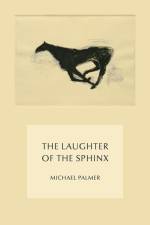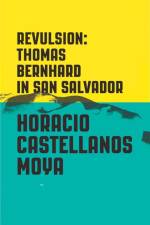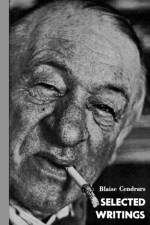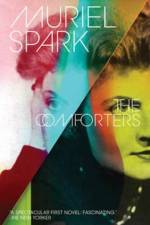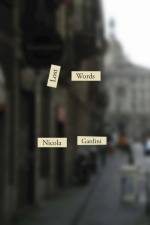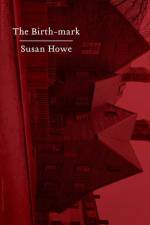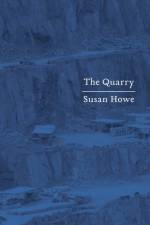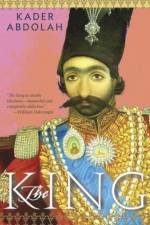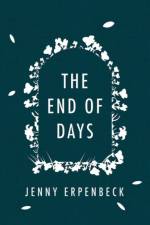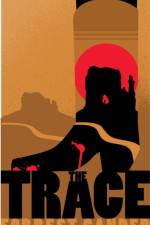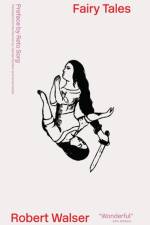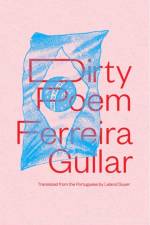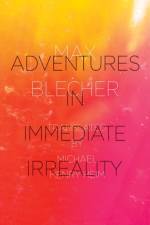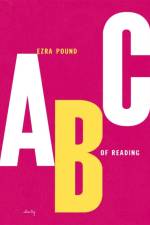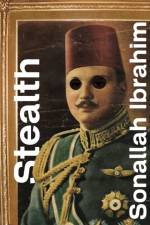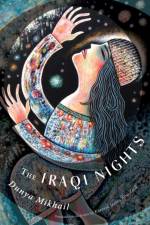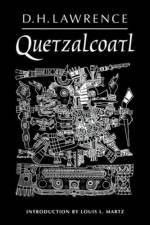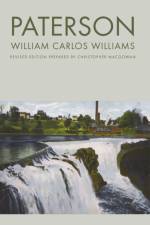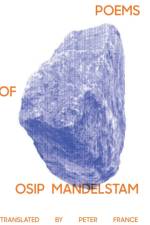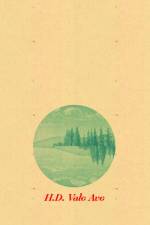av Mei-Mei (New Directions) Berssenbrugge
197
A poet of "epic perception" and "subtle music," Mei-mei Berssenbrugge opens form into long, shimmering lines of profound emotional intensity and multivalent voices, splintered with space, silence, and desert light. Her new collection of poems, Hello, the Roses, is composed of three parts. The opening poems delve into an array of unities, of myth and landscape, fashion and culture, experience and forgetting, boys and ravens. The central poems explore an invisible world where plants, animals, and the self communicate and coexist. The final part contemplates the individual's relationship to night, weather, and cosmological time as Berssenbrugge limns a karmic temporal continuum, a mandala of perception. Throughout are the roses, transforming slowly, almost imperceptibly,deepening awareness, creating fields: a rosette of civilization - a wild rose, a Delphic rose, imagined roses, white cabbage roses, an Apache rose, a Bourbon rose, our sacred mortality "saturated with being" in pink petals and gray-green leaves. Hello, the Roses is poetry enraptured with the phenomenal fullness of the world.


